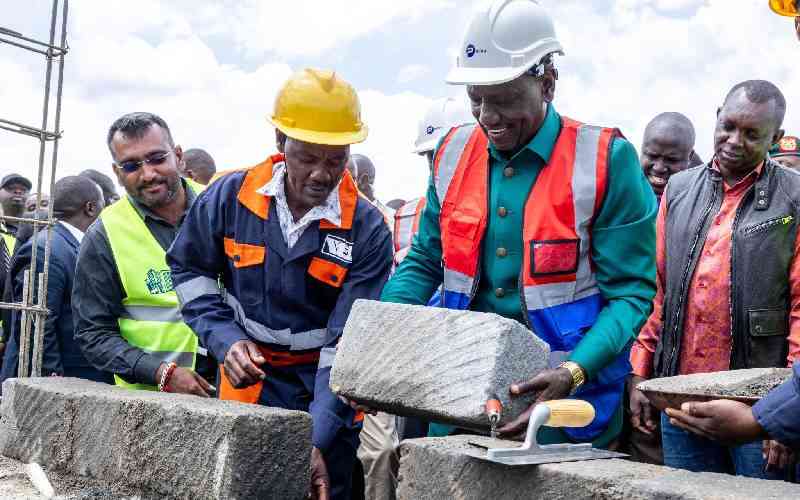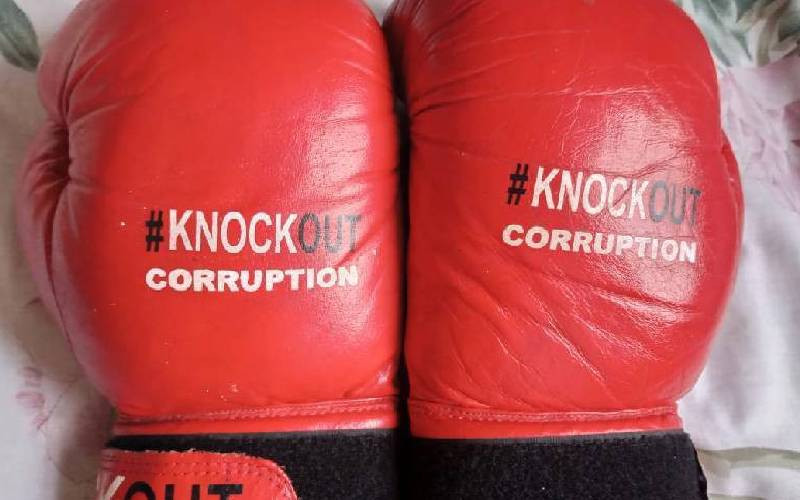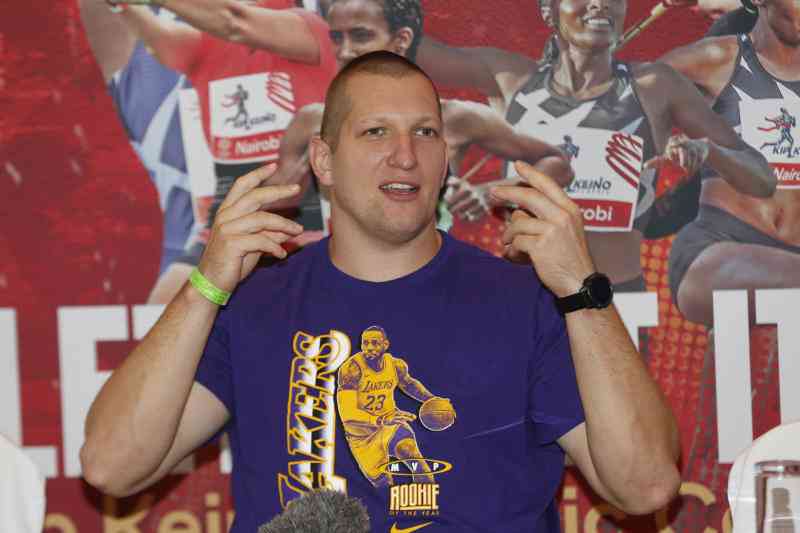
Tax experts have decried the punitive tax measures against betting companies.
Audit firm PriceWaterhouseCoopers (PWC) has said the levy, which took effect on January 1, is among the highest in Africa.
Steve Okello, a Tax Partner at PWC, said the 35 per cent tax levied on lottery, betting and gaming firms would be counterproductive.
“I feel the tax change that is probably the highest in Africa looks discriminatory. You know, one industry is being picked out and heavily charged,” he said.
“We are likely to see lots of cutbacks on expenditures if not closures in the industry that will affect overall tax growth.”
Indeed, rather than serve its purpose of curbing the adverse effects of gambling among the youth and the ‘vulnerable’ in the society, the tax measure is already creating a wave in the labour market and crippling certain sectors of the economy.
Companies such as Pambazuka National Lottery have already suspended operations, with SportPesa announcing it would discontinue its sponsorship of local sporting activities.
A look at the gambling tax rates in other countries backed Okello’s assertion. South Africa charges 9.6 per cent while Rwanda caps her rate at 13 per cent.
Realising the potential of boosting her economy, neighbouring Tanzania decided to abolish corporate tax on legally registered gambling firms and replaced it with a conclusive six per cent tax on revenue as an incentive to attract more players in the industry.
The same principle of imposing a conclusive tax is applied in the United Kingdom where the rate is pegged at 15 per cent for online gaming with no further charges imposed. Companies registered offshore are allowed to operate in the billion-pound industry as an added attraction.
Germany (five per cent), the famed Las Vegas strip (6.5 per cent) and France (8.9 per cent) have substantially lower ceilings than Kenya where apart from lottery, the betting and gaming businesses are in their nascent stages.
Deterrent
Uganda on the other hand, imposed a 20 per cent tax as a deterrent but the country is now struggling with an underground industry that does not even produce the expected revenue to government.
In imposing the steep tax, the Kenya Government ignored the warning from the Kenya Revenue Authority that cautioned against the harmful effects of charging a high percentage in tax on lottery, gaming and betting gross revenues before enforcing other existing taxes.
Stay informed. Subscribe to our newsletter
The taxman was responding to the Departmental Committee on Labour and Social Welfare of the National Assembly during the debate on the proposals contained in the Finance Bill 2017 that initially had suggested a 50 per cent tax on gambling firms before the figure was revised to 35 per cent when it was signed into law by President Uhuru Kenyatta.
 The Standard Group Plc is a
multi-media organization with investments in media platforms spanning newspaper
print operations, television, radio broadcasting, digital and online services. The
Standard Group is recognized as a leading multi-media house in Kenya with a key
influence in matters of national and international interest.
The Standard Group Plc is a
multi-media organization with investments in media platforms spanning newspaper
print operations, television, radio broadcasting, digital and online services. The
Standard Group is recognized as a leading multi-media house in Kenya with a key
influence in matters of national and international interest.
 The Standard Group Plc is a
multi-media organization with investments in media platforms spanning newspaper
print operations, television, radio broadcasting, digital and online services. The
Standard Group is recognized as a leading multi-media house in Kenya with a key
influence in matters of national and international interest.
The Standard Group Plc is a
multi-media organization with investments in media platforms spanning newspaper
print operations, television, radio broadcasting, digital and online services. The
Standard Group is recognized as a leading multi-media house in Kenya with a key
influence in matters of national and international interest.









